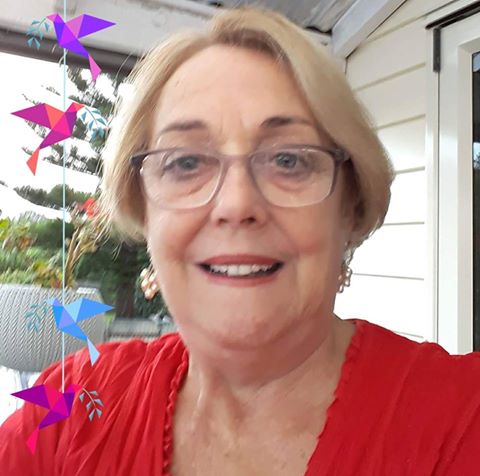It is increasingly common across the health and wellbeing sector for the workforce to pull multiple shifts in a row. Staff shortages are becoming acute, coupled with the increasing and more complex needs of the people being supported. The workforce is facing increased pressure, with increasing levels of burnout becoming evident.
‘You become of no value to the people you support,’ says Gillian Theunissen, House Leader at Spectrum Care in Auckland. Theunissen who has just completed her Apprenticeship in Community Facilitation with the support of her workplace and Careerforce, says that looking after herself and her team is one of her biggest takeaways from the programme.
She recalled her time in the UK working as an in-house carer in 2010. ‘I used to wonder why there were some days when I felt like not working with my clients. I would ask myself why I feel like this. Through my apprenticeship, I’ve realised; it was burnout.’
‘It’s not that you don’t like them, you’re just exhausted.’

Gillian Theunissen, House Leader at Spectrum Care in Auckland
Theunissen shares that she has become quite disciplined about exercise, going for 45-minute walks three times a week. She also makes sure to recharge her batteries on days off and to make time for family every week.
Penny Rogers, Careerforce Apprenticeship Manager, shares Gillian’s perspective. ‘We support many passionate and hardworking staff in the sector through our apprenticeship programmes.’‘ They are unbelievably stretched, and we want to remind them that they are their best resource. Their Careerforce Apprenticeship Advisors try to remove as many barriers so that their apprenticeship programme provides them with a positive experience and does not become too much of a burden.’
‘There’s a module in the apprenticeship programme on identifying the signs of burnout, and discusses the differences between stress and burnout.’
Stress occurs when there are too many pressures that simply places too much demand and that can make a person respond emotionally. Stressed people can still imagine that if they can just get everything under control, they’ll feel better.
Burnout, on the other hand, means feeling empty, devoid of motivation, and beyond caring. People experiencing burnout often don’t see any hope of positive change in their situations.
Rogers said, ‘you don’t always notice burnout when it happens. So, through this module, apprentices are encouraged to reflect on their current state of wellbeing, and think about self-care trategies that they can use. It could be as simple as going to bed at the same time every night, going for a walk during lunch time, or just taking regular breaks.’
‘We think it’s one of the more important things to learn and upskill on. We can’t let their passion run dry because of burnout,’ says Rogers.
Theunissen shared that completing the programme had been much less of a challenge with the extensive pastoral care and support of her Apprenticeship Advisor and Careerforce Assessor. ‘I received the support that I needed, and I managed to complete the modules.’
Leading by example has always been her mantra. She now advocates that her team look after themselves better and is encouraging them to complete the apprenticeship programme as well, with her full support.

